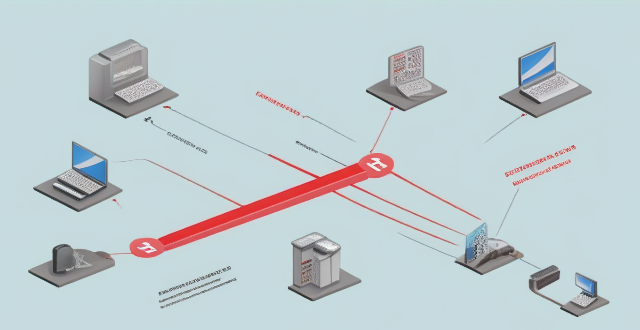Network expansion enhances internet speeds by reducing congestion, shortening transmission distances, increasing bandwidth, improving redundancy, and allowing for scalability. This process involves adding more nodes to the network, such as routers and switches, which improve data transmission efficiency. By distributing traffic across multiple routes and upgrading infrastructure, internet service providers can meet increasing demand for high-speed connections while maintaining fast and reliable service.

How Does Network Expansion Improve Internet Speed?
Introduction
Network expansion is a crucial aspect of enhancing internet speeds. This process involves increasing the number of nodes, such as routers and switches, within a network to improve data transmission efficiency. In this article, we will explore how network expansion can lead to faster internet speeds.
1. Reducing Congestion
One of the primary benefits of network expansion is the reduction in network congestion. When more nodes are added to a network, it allows for more paths for data to travel. This means that if one path becomes congested, data can be rerouted through another less busy path. By distributing the traffic load across multiple routes, the overall network performance is improved, leading to faster internet speeds.
2. Shorter Transmission Distances
Another advantage of expanding a network is that it can reduce the distance that data needs to travel. When a network is expanded, it often includes the addition of new nodes closer to users. This means that data doesn't have to travel as far to reach its destination, resulting in faster transmission times and improved internet speeds.
3. Increased Bandwidth
Network expansion also typically involves upgrading existing infrastructure with higher capacity equipment. This can include replacing older routers and switches with newer models capable of handling more data at once. By increasing the bandwidth available within a network, more data can be transmitted simultaneously without slowing down the connection speed. As a result, users experience faster download and upload speeds.
4. Better Redundancy
Expanding a network also provides better redundancy, which is essential for maintaining consistent internet speeds. With more nodes in place, there are additional backup routes available should any part of the network fail or become congested. This ensures that data can still be transmitted efficiently, even under adverse conditions, preventing any significant disruptions in service and maintaining fast internet speeds.
5. Scalability
Finally, network expansion allows for scalability, which is vital for keeping up with increasing demand for high-speed internet connections. As more devices connect to the internet and users consume more data-intensive content like streaming videos and online games, networks must adapt to handle this increased load. By expanding their networks, internet service providers can ensure that they have the capacity to meet these demands and continue providing fast internet speeds to their customers.
Conclusion
In conclusion, network expansion plays a crucial role in improving internet speeds by reducing congestion, shortening transmission distances, increasing bandwidth, providing better redundancy, and allowing for scalability. These factors all contribute to faster and more reliable internet connections for users worldwide.